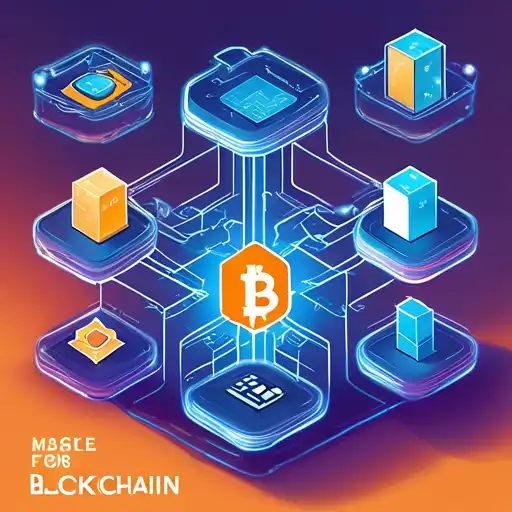What is Blockchain?
Blockchain technology is a decentralized digital ledger that records transactions across many computers in such a way that the registered transactions cannot be altered retroactively. This technology is the backbone of cryptocurrencies like Bitcoin, but its potential applications extend far beyond digital currencies.
How Does Blockchain Work?
At its core, blockchain is a chain of blocks, where each block contains a number of transactions. Every time a new transaction occurs, it is recorded in a block. Once a block is filled with transactions, it is added to the chain in a linear, chronological order. This process is secured through cryptography, ensuring that once a transaction is recorded, it cannot be changed without altering all subsequent blocks.
Benefits of Blockchain Technology
- Transparency: All transactions are visible to anyone within the network, making the system highly transparent.
- Security: The use of cryptography and decentralization makes blockchain highly secure against fraud and hacking.
- Efficiency: Blockchain can streamline and automate processes, reducing the need for intermediaries and speeding up transactions.
Blockchain Beyond Cryptocurrency
While blockchain is best known for its role in cryptocurrency, its applications are vast. From supply chain management to voting systems, blockchain can provide transparency, security, and efficiency across various sectors. For instance, in the healthcare industry, blockchain can secure patient records and ensure they are easily shareable between authorized professionals.
Getting Started with Blockchain
For beginners interested in exploring blockchain, starting with cryptocurrencies might be the easiest path. Platforms like Cryptocurrency for Beginners offer guides and resources to get started. Additionally, understanding the basics of cryptography and distributed systems can provide a solid foundation for diving deeper into blockchain technology.
Challenges and Considerations
Despite its potential, blockchain technology faces several challenges, including scalability issues, regulatory hurdles, and environmental concerns related to energy consumption. However, ongoing research and development are addressing these issues, paving the way for broader adoption.
As blockchain continues to evolve, it's essential for beginners to stay informed about the latest developments. Resources like Blockchain News can be invaluable for keeping up with trends and innovations in the field.
Conclusion
Blockchain technology offers a revolutionary approach to digital transactions and record-keeping. Its benefits of transparency, security, and efficiency make it a compelling solution for a wide range of applications beyond cryptocurrency. For beginners, starting with the basics and gradually exploring more complex concepts is the key to understanding and leveraging blockchain's potential.
